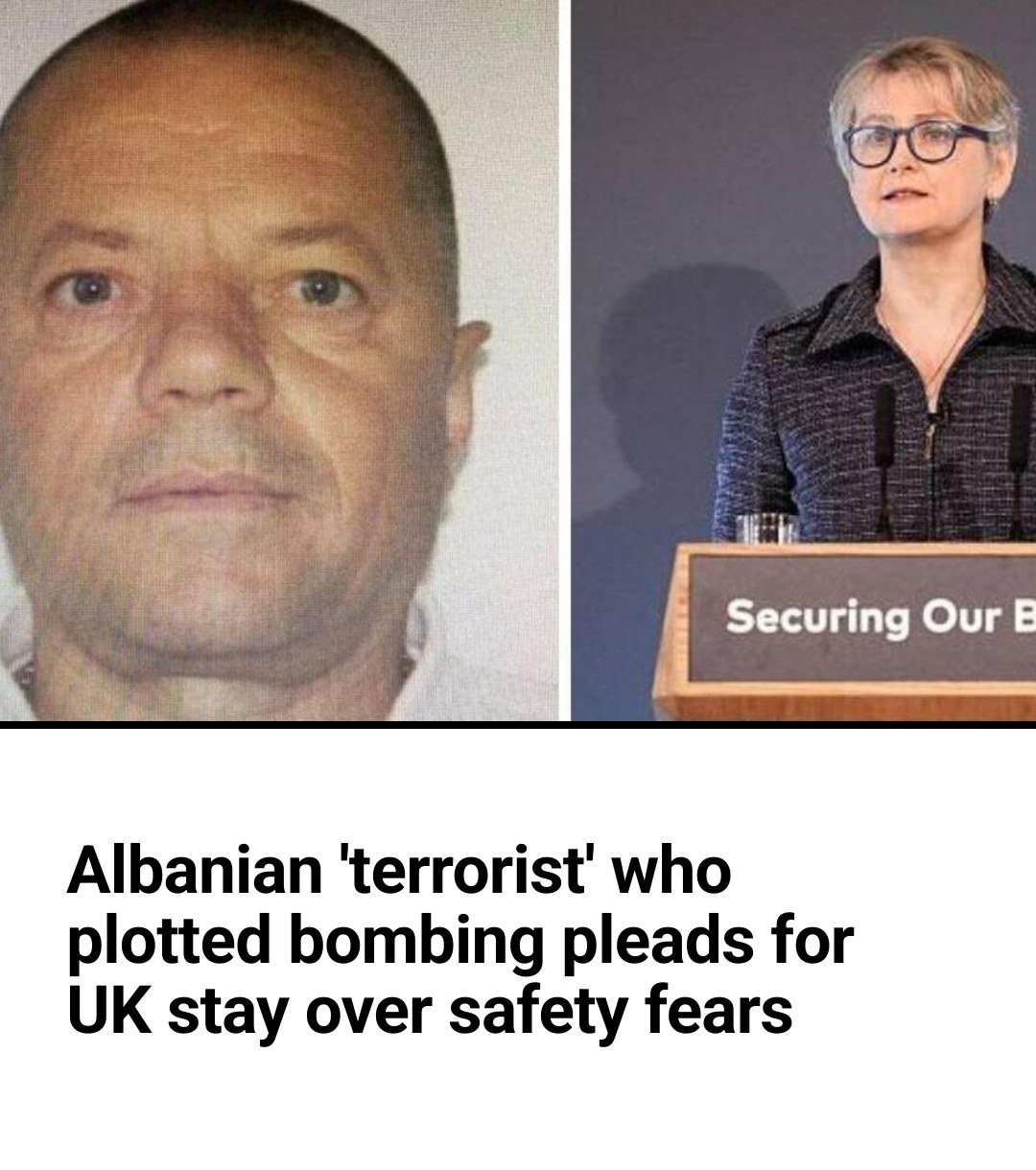A convicted terrorist who planned to detonate a bomb outside a football stadium is pleading not to be deported over fears of a gangland reprisal. Maksim Cela, 59, served 23 years in prison for killing a policeman and planning to bomb a 12,000-seater stadium but is now walking free in Britain following his release.
The Albanian is claiming that he cannot be deported to his home country because his life is in danger from ‘terrifying’ gangs. Cela has refused to acknowledge his crimes and claims to have been wrongly convicted in a politically motivated prosecution. The Home Office argues that Cela is a “violent terrorist”, with lawyers claiming that he invented the story after learning that his violent past would prevent him from claiming asylum.

Maksim Cela was convicted of the murder of a policeman in 2006 (Image: -)
Paul Skinner, representing the Home Office, asked Cela: “It’s right that you are someone who does and says whatever you want in order to get what you want isn’t it?
“You really want to be in the UK to be with your wife and daughter and you are willing to do whatever it takes in order to stay.”
Cela claims that he used to be a businessman in Germany, running a car dealership, but his criminal past points to a more sinister history.
In 2001, he was jailed for five years for his part in the plot to bomb a football stadium.
Following his release, he was sentenced to 25 years in jail in 2006 for “participation in criminal organisations”, the murder of a police officer, and the manufacture and illegal possession of weapons and ammunition, the tribunal heard.

The Home Office has appealed the decision (Image: Getty)
He left his home country for Spain in 2022 before flying to the UK, via Italy, on a false passport in January 2023.
He initially told immigration officials that “three terrifying gang groups” were “coming after” him due to his association with the “Lushnje gang”, named after the city of his birth.
Cela’s asylum claim was rejected by a judge at the first-tier immigration tribunal, but a separate claim that his life was at risk from rival gangs was accepted.
His claim relates to Article 3 of the European Convention on Human Rights, which states that steps must be taken to protect people from “torture or inhuman or degrading treatment or punishment”.
Following an appeal by the Home Office who claimed there had been an “error in law”, the case will now be heard by the upper-tier tribunal will now make a decision on whether Cela can stay in Britain.
